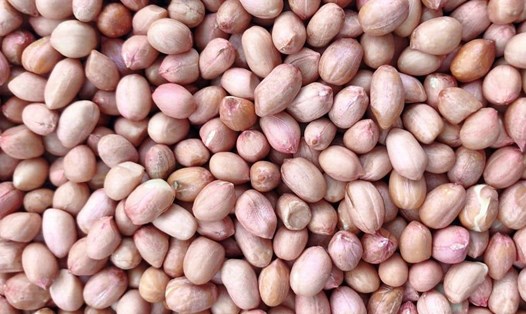Benefits of peanuts
Dr. Dilip Gude, a nutritionist at Yashoda Hospital, Hyderabad (India) - said that peanuts (also known as peanuts) are a healthy, convenient snack, rich in protein, fiber and antioxidants that help curb hunger.
Despite being high in calories, peanuts can still be beneficial for weight control. The combination of protein, fiber, and healthy fats from peanuts will help you feel fuller, reducing unnecessary cravings.
Consuming peanuts is very good for health as they are rich in essential amino acids, vitamins like E, Riboflavin, B9 and many antioxidants and phenols.
They also contain mono- and polyunsaturated fatty acids, omega-3 fatty acids, minerals, and essential amino acids. These components help maintain liver health, fight NASH and NAFLD (fatty liver), and help prevent chronic liver disease in some people.
Is eating a lot of peanuts bad for the liver?
According to Dr. Dilip Gude, consuming peanuts in excess or too often can lead to a number of health problems, including liver problems. Here are some factors to keep in mind:
High in calories and fat: Peanuts are high in calories and fat. Eating too much can lead to weight gain and obesity. This condition can increase the risk of liver diseases such as fatty liver, due to the accumulation of fat in the liver.
Processed peanuts: If peanuts are processed and have added salt or sugar, consuming too much can increase the risk of high blood pressure, heart disease, and other health-related problems, which can indirectly affect the liver.
Peanuts contaminated with aflatoxin: Peanuts can be contaminated with aflatoxin, a toxin produced by the fungus aspergillus. Aflatoxin is a carcinogen, and consuming contaminated peanuts can adversely affect the liver, increasing the risk of liver cancer.
You can roast peanuts in the microwave or boil them, which will kill and reduce aflatoxin exposure by up to 95%.










